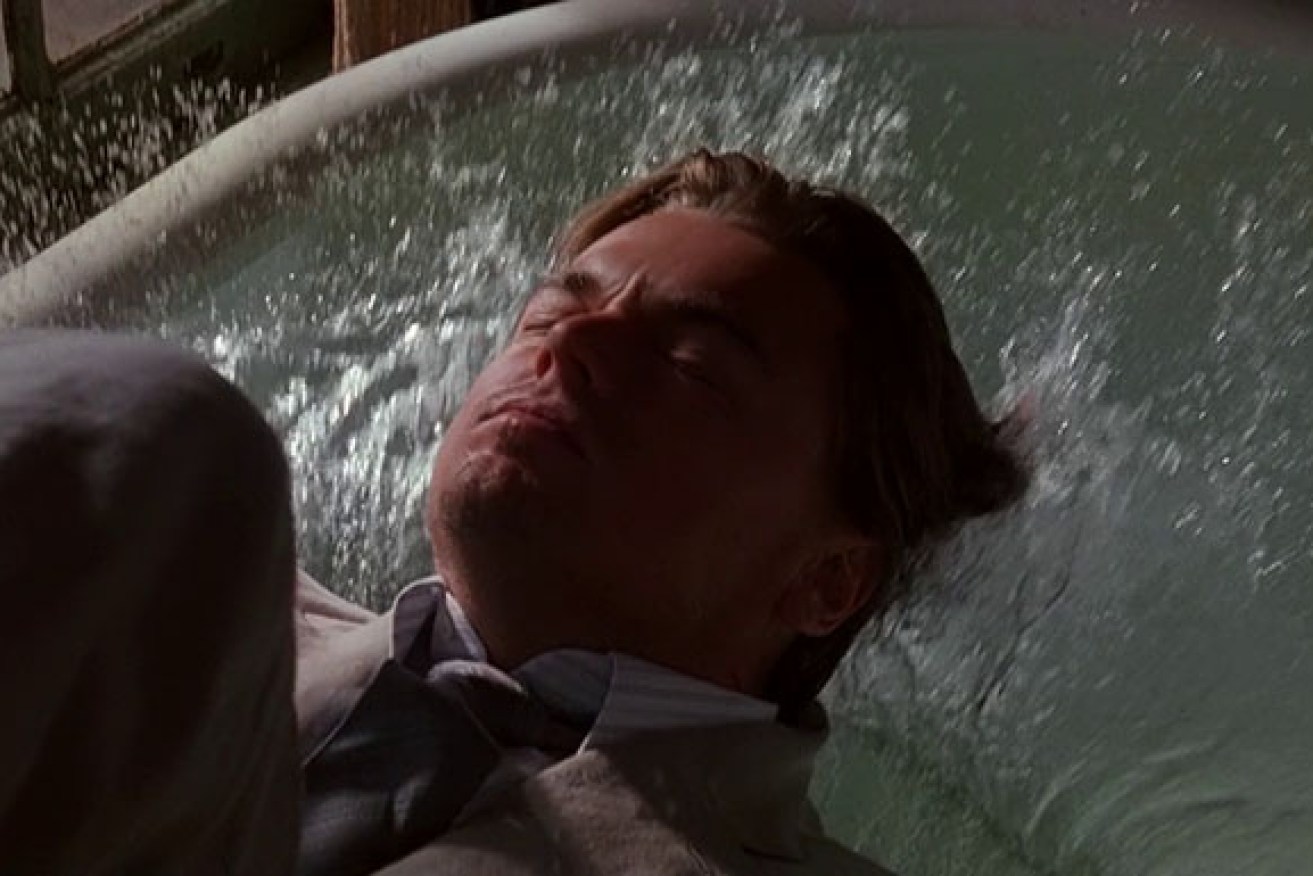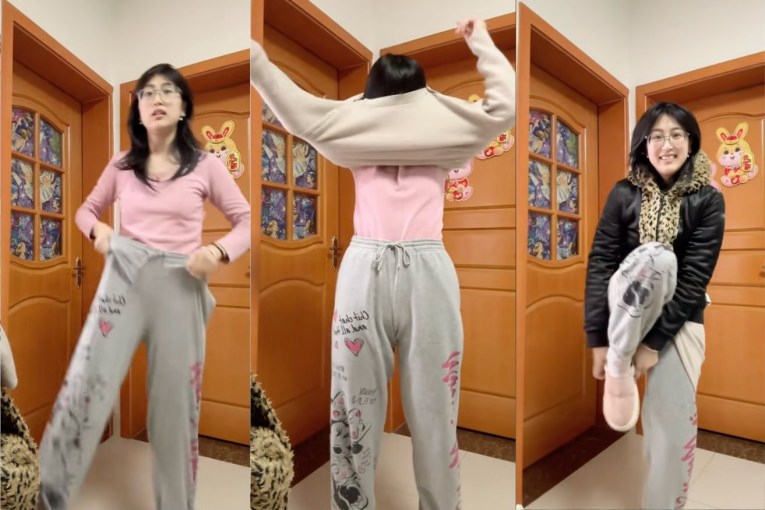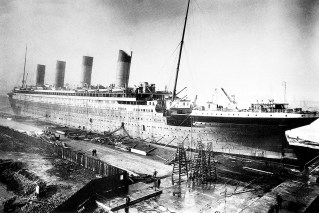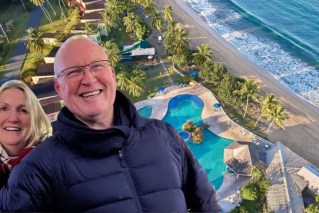Be afraid. Science finds a way to implant memories


In the 2010 sci-fi thriller Inception, Leonardo DiCaprio’s character asks a compelling question: “What is the most resilient parasite? Bacteria? A virus? An intestinal worm?”
His answer? “An idea. Resilient, highly contagious.”
He was talking about how we arrange our memories, and thanks to a new scientific breakthrough the science fiction of putting ideas in other people’s minds may be about to become science fact.
In a new study published in Nature Neuroscience, a group of researchers from the French National Center for Scientific Research and ESPCI-ParisTech were able to create artificial memories in mice while they slept.
• It’s official: smartphones are making us dumber
• Cigarette-like coffee pods are choking the planet with junk
• Orcas kill great white shark in ‘fight of all fights’
Fortunately, they were able to achieve this in a relatively simple way. Unlike the movie, it didn’t involve sedating themselves in order to infiltrate the mind and dreamscape of the mice.
Led by world-renowned neuroscientist Karim Benchenane, the researchers inserted electrodes into the hippocampus of the mice’s brains to identify special group of cells called ‘place cells’.

Sweet dreams … scientists have implanted memories in mice. Photo: Shutterstock
In order to create a memory about a specific location in the environment, place cells create unique activity patterns specific to each location, which are then replayed in the brain during sleep in a process known as memory consolidation.
It was found that by stimulating the reward pathways in the brain when these place cells were replaying these activity patterns during sleep, they were able to manipulate the formation of memories.
This was evidenced by the altered behaviour of the mice – when they woke up, they spent more time in the specific location that the place cells were encoding when the stimulation occurred.
“The learning we induced during sleep was just to change the emotional value of the different locations of the environments,” Dr Benchenane explained to The Huffington Post.
“What we made them learn during sleep is that a particular location is now associated to a reward.”
Loren Frank from the University of California told The New Scientist that Dr Benchenane’s work “is a really important step towards helping people with memory impairments or depression”.
“It is surprising to me how many neurological and psychiatric illnesses have something to do with memory, including schizophrenia and obsessive compulsive disorder,” Dr Frank said.
Dr Benchenane also discussed how this breakthrough might be a useful technique to treat people suffering from post-traumatic stress disorder, however this future application is still years away.
“For humans, you would need a way to detect during sleep the period during which the traumatic experiences are reactivated,” Dr Benchenane said.
Although the science of Inception may not be exactly true to life, the idea of memory manipulation may not be complicated as first thought.








